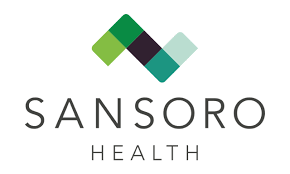API
See the following -
Open mHealth Popular Standard (Part 1)

If standards have not been universally adopted in the health care field, and are oftenimplemented incorrectly when adopted, the reason may simply be that good standards are hard to design. A recent study found that mobile health app developers would like to share data, but “Less progress has been made in enabling apps to connect and communicate with provider healthcare systems–a fundamental requirement for mHealth to realize its full value in healthcare management.”Open mHealth faced this challenge when they decided to provide a schema to represent the health data that app developers, research teams, and other individuals want to plug into useful applications. This article is about how they mined the health community for good design decisions and decided what necessary trade-offs to make.
- Login to post comments
OpenNebula Quietly Keeps Building Its Open-source Cloud
With the OpenStack project turning two years old soon amid what will no doubt be a ton of vendor-generated hoopla, Ignacio Llorente wants the world to know that the more mature OpenNebula project continues to evolve, just a lot more quietly. Read More »
- Login to post comments
Reforming Government Websites with App Developers in Mind
Among the most important developments in the relaunched FCC.gov website is its use of open source application programming interfaces, the Federal Communications Commission's new media specialist Gray Brooks said recently. Read More »
- Login to post comments
Sansoro Health Record API Will Unite Them All
 After some seven years of watching the US government push interoperability among health records, and hearing how far we are from achieving it, I assumed that fundamental divergences among electronic health records at different sites posed problems of staggering complexity. I pricked up my ears, therefore, when John Orosco, CTO of Sansoro Health, said that they could get EHRs to expose real-time web services in a few hours, or at most a couple days.
After some seven years of watching the US government push interoperability among health records, and hearing how far we are from achieving it, I assumed that fundamental divergences among electronic health records at different sites posed problems of staggering complexity. I pricked up my ears, therefore, when John Orosco, CTO of Sansoro Health, said that they could get EHRs to expose real-time web services in a few hours, or at most a couple days.
- Login to post comments